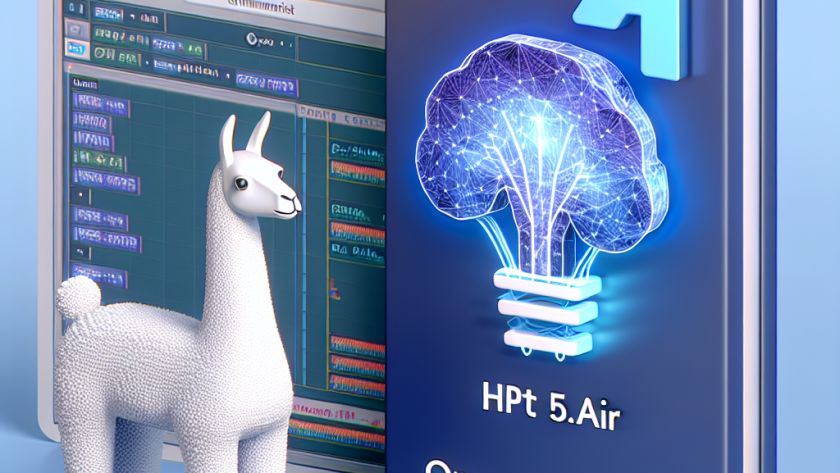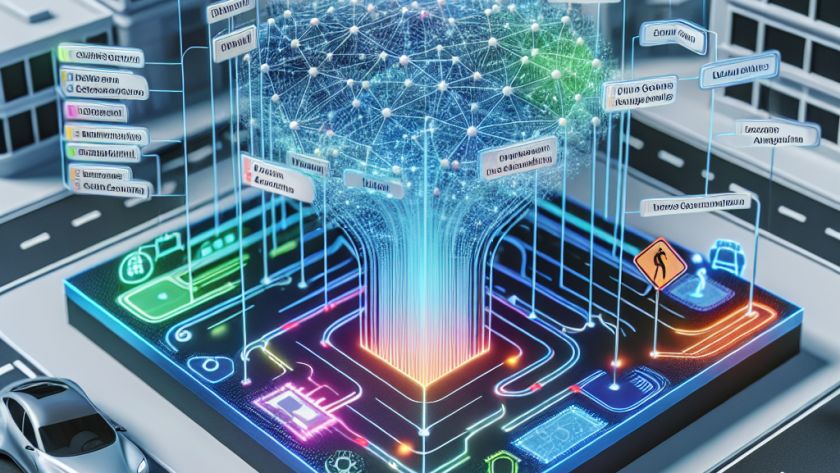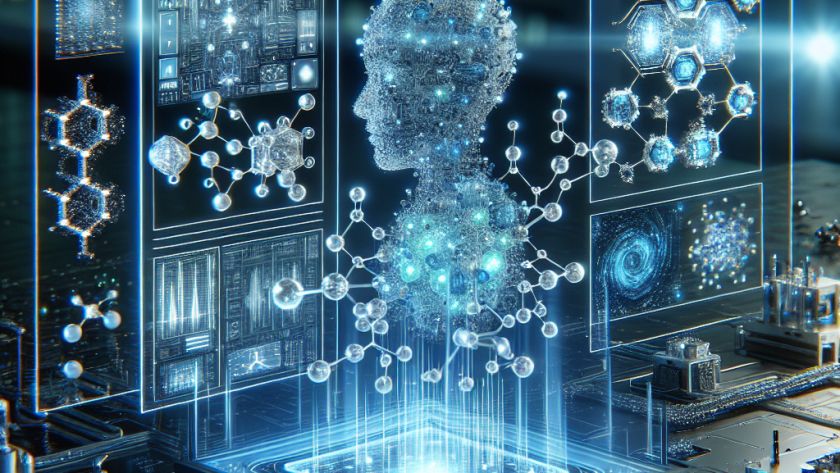





Artificial intelligence (AI) is playing a key role in promoting sustainability and addressing pressing climate change challenges. With its intricate algorithms and predictive modelling capabilities, AI has the potential to drive major transitions in multiple sectors, from renewable energy and environmental conservation to urban planning, pollution control and resource management.
AI's role in optimizing renewable energy…



Training large-scale Generative AI models can be challenging due to the immense computational resources and time they require. This complexity gives rise to frequent instabilities, manifested as disruptive loss spikes during prolonged training periods. These instabilities can result in costly interruptions, requiring the training process to be paused and restarted. For example, the LLaMA2's 70-billion…



Deep learning and artificial intelligence (AI) have influenced autonomous vehicle technology significantly over the past ten years. Self-driving vehicles rely on advanced decision-making systems that read data from sensors to navigate autonomously. As AI grows, these systems have increased in complexity, with modules dedicated to perception, path planning, behavior arbitration, and motion control. Deep learning…

Computational biology, an essential field that merges biological research and computer science, has been focusing intently on predicting biomolecular structures. The ability to predict such structures accurately can have immense implications in understanding cellular functions and developing new medical therapies. Despite the complex nature of this discipline, it is instrumental in studying proteins, nucleic acids,…
